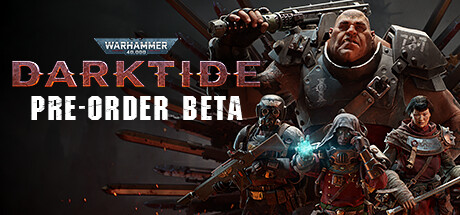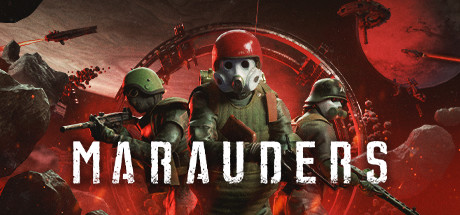The Battle of the Media Players: VLC vs. Media Player Classic
2023-01-22
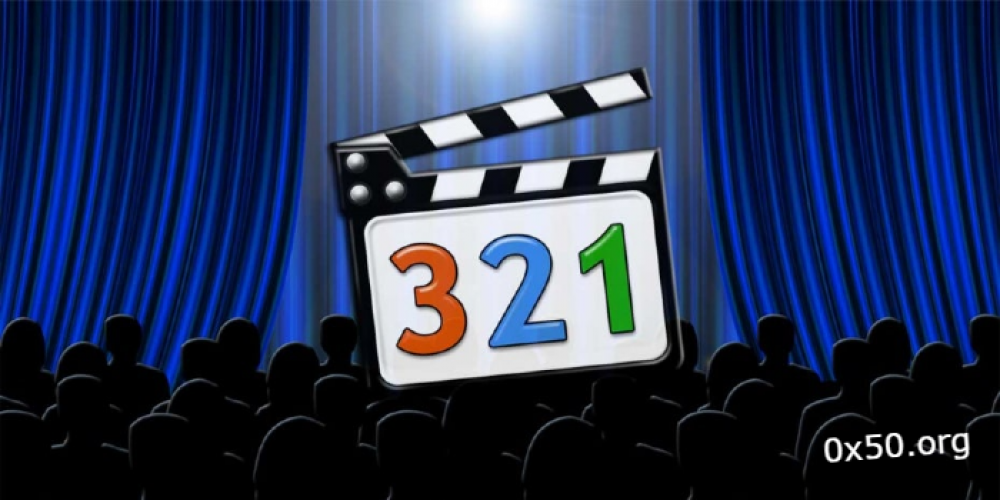
Media player applications are essential tools for any PC user. With the ability to play audio, video, and multimedia files of all types, these programs are a great addition to any computer. However, when it comes to choosing the right media player application, many users find themselves stranded between two popular options: VLC Media Player and Media Player Classic. To make your decision easier below is a comparison of the pros and cons of each program.
User Interface
When it comes to usability, VLC certainly has the edge over the other options due to its intuitive design. It is simple yet comprehensive enough that even novice users can easily navigate it without too much trouble. On the other hand, the interface of Media Player Classic is not as simple as VLC but still provides experienced users with plenty of customization options, which may be preferable to experienced users who need more control over how they listen to or view their media files.
Supported file formats
Both players support most audio and video file formats that exist today, but there are some differences between them: VLC supports a wider range of formats than MPC, including some rare ones like FLV, which MPC can only play with plugins or installing external codecs, whereas VLC requires no additional settings before you can use these file types on your device. This makes VLC especially useful if you have many different types of media files stored on your computer because regardless of their type, there is a good chance that they will work with this player without problems, while MPC may not support some rare file types without installing additional software first, which makes it less reliable in such cases.
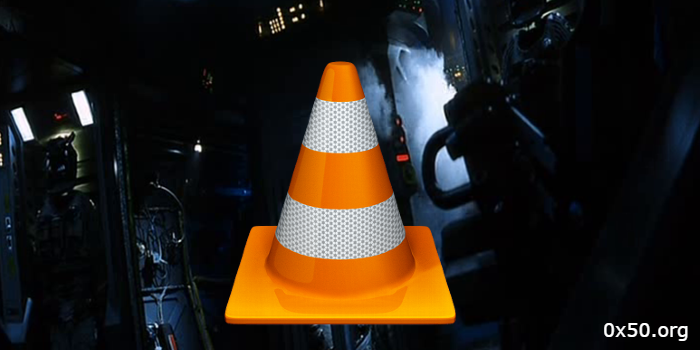
Speed and Performance
Both players provide excellent performance when playing audio/video files, but a side-by-side comparison usually reveals one clear winner. In most cases, MPC outperforms its counterpart by offering faster loading times, especially for large-size/high-resolution videos, which makes sense given its more compact size compared to other programs like Windows Media Player (WMP). However, thanks to its built-in codec package and optimizations made specifically for streaming services like Netflix, etc., VLC performs better than MPC in these tasks. So depending on your particular usage scenario, either one may be preferable to the other based on performance alone.
Playback Features
Both programs offer basic playback features such as looping or shuffling tracks. However, where they really differ is in the advanced features - this is where MPC again takes the lead with a wide range of options, including subtitle support, video equalizer settings, and frame-by-frame control during playback (something VLC doesn't have). In addition to all of these extra features, there are additional plug-ins to further enhance your experience with this player, something no other media player on the market today offers!
Video adjustment features
As for the video adjustment tools, there really is no comparison. MPC clearly outperforms its competitor. First and foremost because it contains advanced color correction controls such as gamma brightness, hue saturation, etc., whereas the popular open-source player's version 3+ lacks them. What's more, MPC supports resolutions up to 1080p HD, making it ideal for those who want to maximize viewing quality, whether they're watching movies or streaming live TV online.
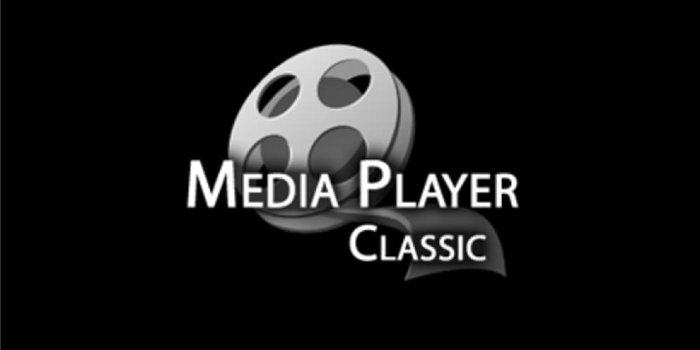
Skins and Themes
If you're looking for a way to customize your media player, look no further than skins and themes - and here, MPC beats its competitors by offering an impressive collection ranging from classic retro looks to modern minimalist designs (not forgetting fun ones!). With so many different styles, there's sure to be something to suit everyone's taste!
Performance and Stability
In terms of performance, both programs are quite robust. However, given that MPC is written in C++ and not Java like many others, it tends to load faster when compared to competitors like KMPlayer or Potplayer, which means less time waiting before you can enjoy the content! In addition, thanks to a smaller codebase combined with fewer bugs overall, this program is especially stable - something that's hard to come across these days!
Cost and Availability
When it comes to cost, neither program should break the bank since both are free and open source - which means you don't have to pay to use them! They are readily available online through official download sites, although third-party installers are common, so always check the license agreement before installing if you don't want to end up downloading unnecessary programs.
So, after comparing all the factors side by side, it turns out that Media Player Classic is superior to its counterpart, offering a superior user interface, customizable supported formats, useful extra features, a variety of skins plus excellent stable performance without any extra costs - an ideal choice for those who want a powerful, but easy to use multimedia solution for home office!

